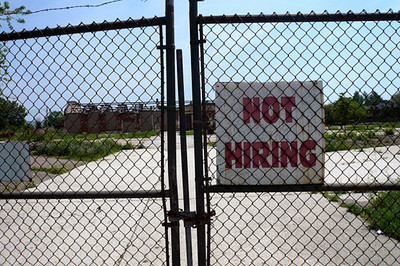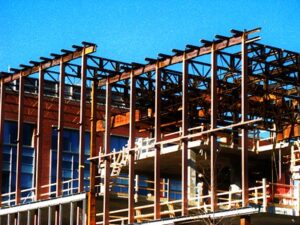Recessions are unpredictable, except to the extent that they will happen. Since 1945, the length of the average economic cycle in the US has been 58 months. The current cycle has obviously been much longer than that, but economic expansion cannot continue forever. The recent emergence of the coronavirus has stoked fears of a looming recession. Three-fourths of economists surveyed by the Wall Street Journal predict that a recession will occur within the next 18 months.
A recession drops into an economy like an uninvited guest, and sometimes stays much longer than anyone anticipates. That’s why we need the Trustees to be careful about what they do with the financial resources we provide to WCC. There’s nothing like a crash to underscore the inadvisability of financing building construction with operating revenues.
A down economy is actually pretty good to a community college. During the last downturn, enrollment in the nation’s community colleges increased by 25%. But enrollment isn’t the only thing that rises at the community college. During a recession, the cost of instruction also goes up.
For example, WCC reported that its cost of instruction for FY 2007 (before the beginning of the Great Recession) was $35.26M. According to economists, the Great Recession ended in calendar year 2009, which would have been FY2010. WCC reported its instructional cost in FY2010 as $43.24M. In 2007 dollars, this figure would be $41.11M. That represents a 16.6% increase in instructional expenses.
What if the Great Recession repeats itself?
WCC’s instructional budget for FY2020 is $60.5M. If WCC had to increase its instructional budget by 16.6% – as it had to during the Great Recession – it would have to increase instructional spending by more than $10M.
While this administration looks at WCC’s General Fund as its own personal spending account, $10M/yr might be hard to come by during a recession. Instead of redirecting operational funds to pay bond debt on a building with little to no academic value, wouldn’t it be better to put that money toward the instruction that our county residents expect WCC to provide during a downturn?
And what happens if a recession intervenes on the College’s planned $32M in capital improvements by FY2023? Keep in mind that 50%-70% of those expenses are to remediate neglect in select existing buildings. We do not currently have the luxury of delaying those repairs – recession or no recession.
Redirecting “operating funds” to debt service during a recession puts an unnecessary drag on the community college at a time when we need it to be highly functional. That’s why the safest option is always to ask taxpayers for a dedicated revenue stream to pay for capital improvements.
Washtenaw County voters, the WCC Board of Trustees is not looking out for your best interest, or the best interests of WCC. When the next recession hits, WCC will struggle to pay bond debt from its operating revenues. The Trustees – whose job it is to prevent this – have signed off on each debt the WCC administration has racked up against the General Fund. In doing so, they may have severely limited WCC’s ability to perform during a recession.
Photo Credit: Indiana Public Media, via Flickr









